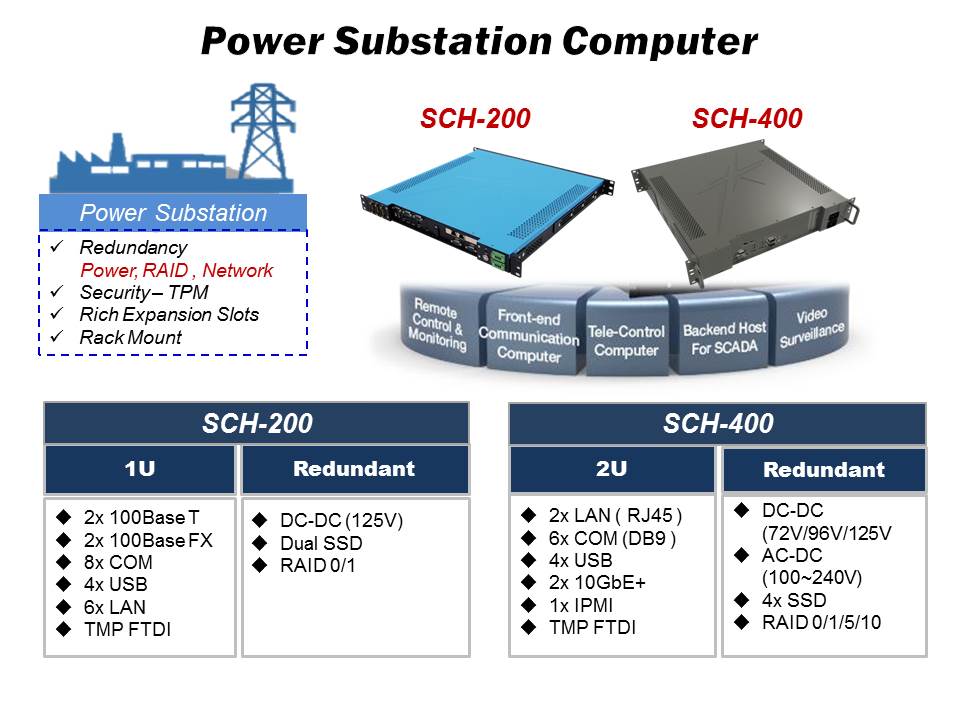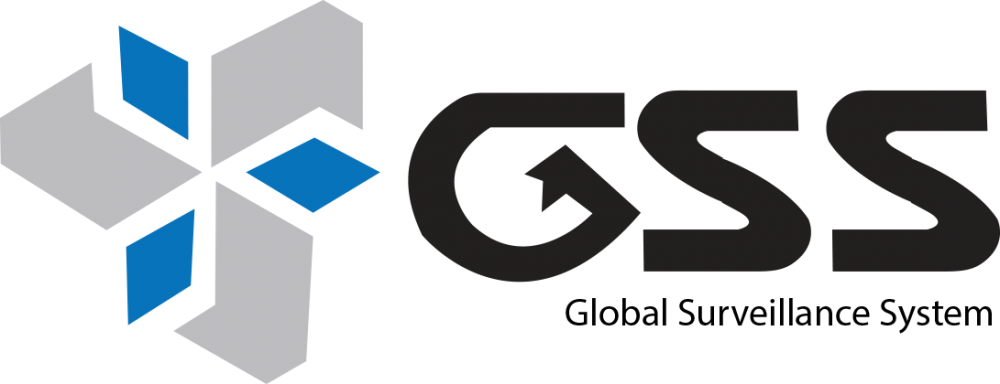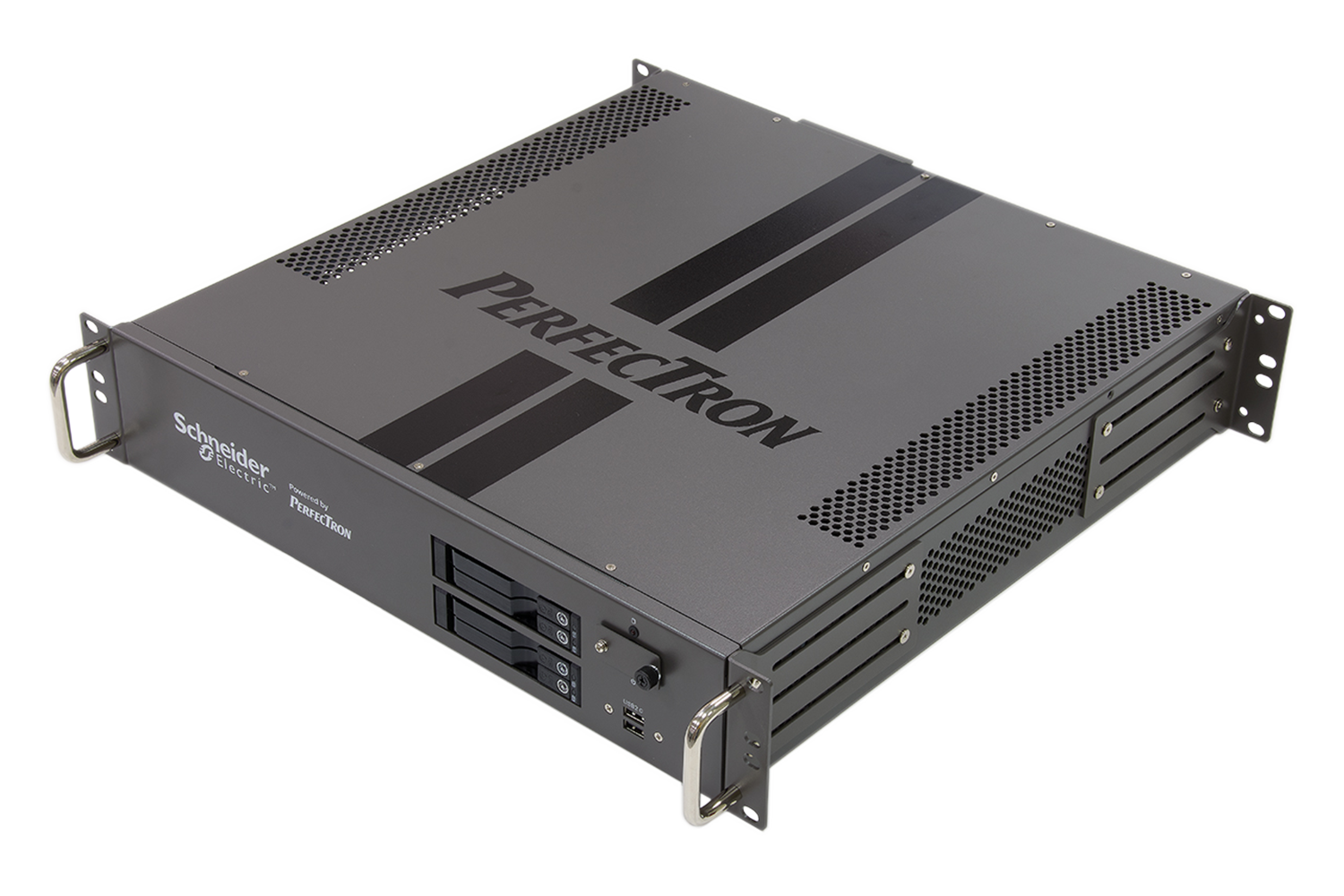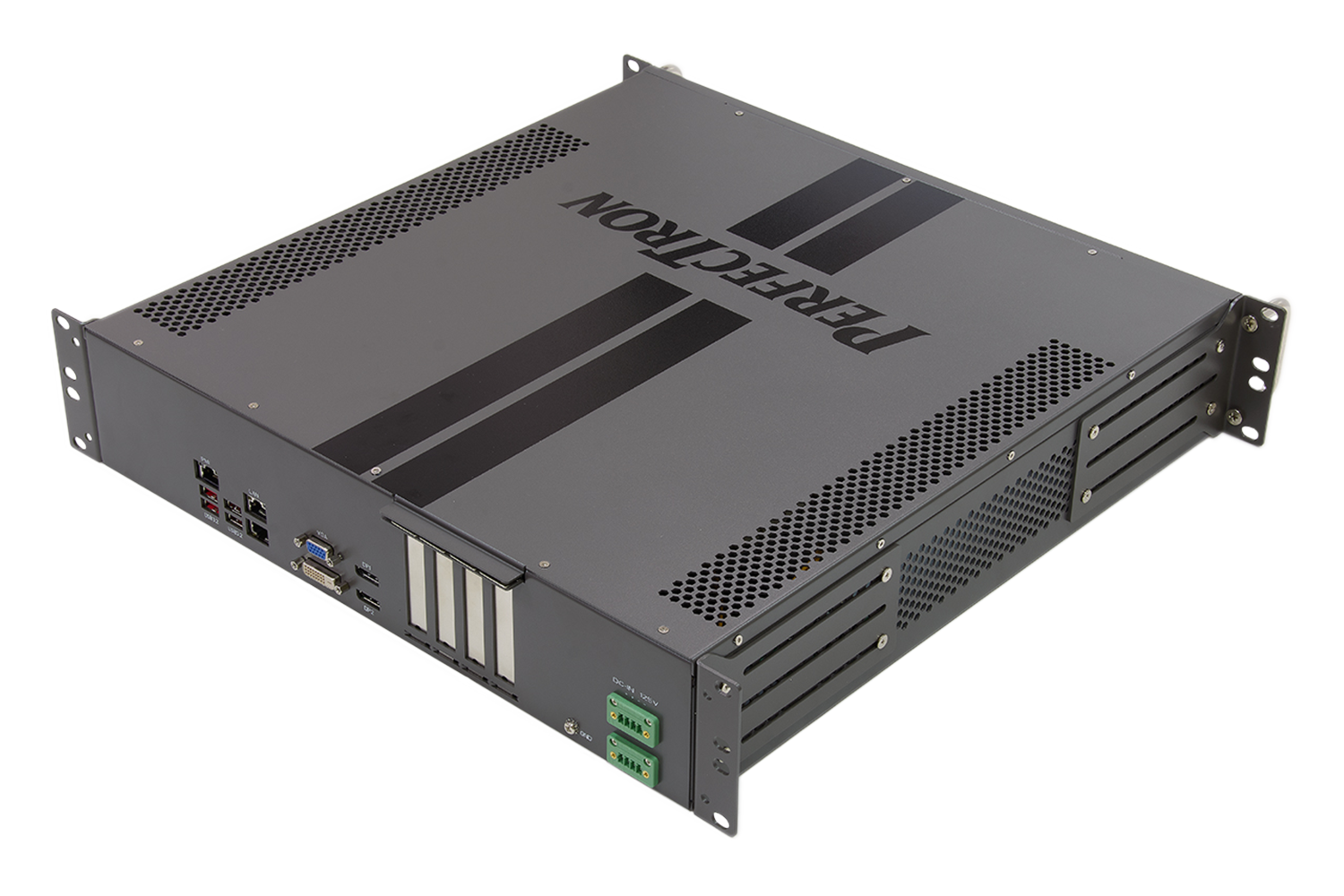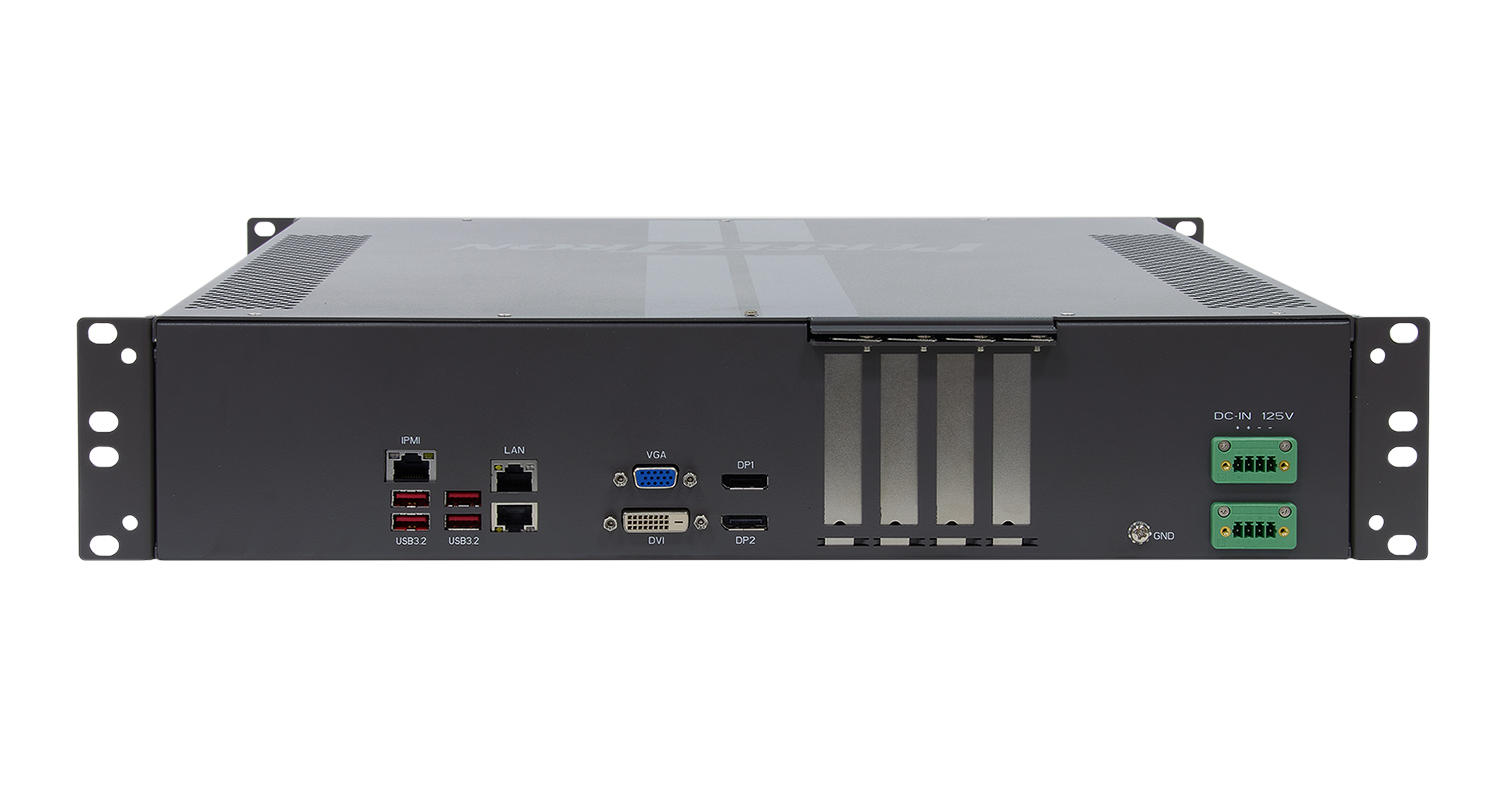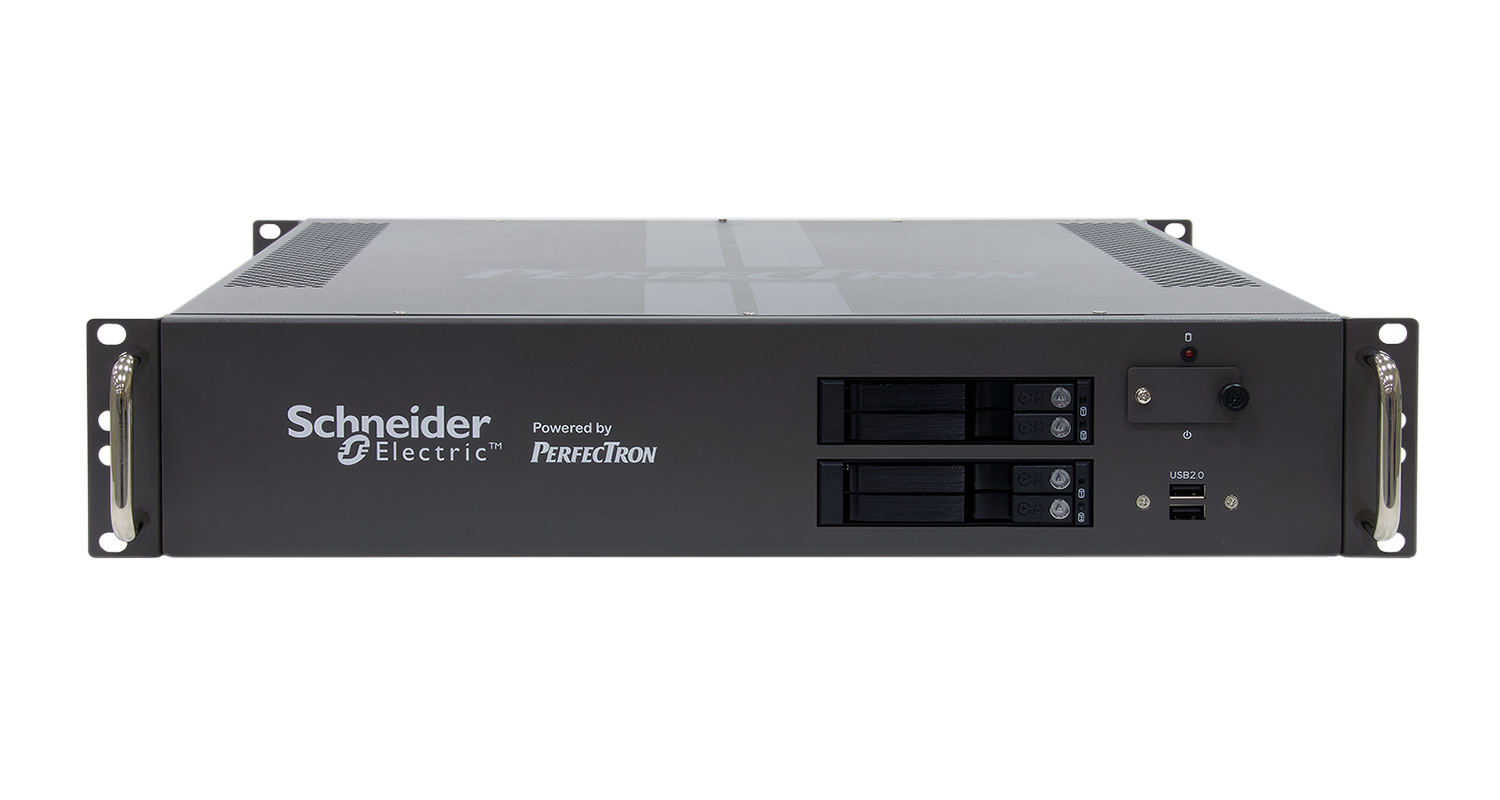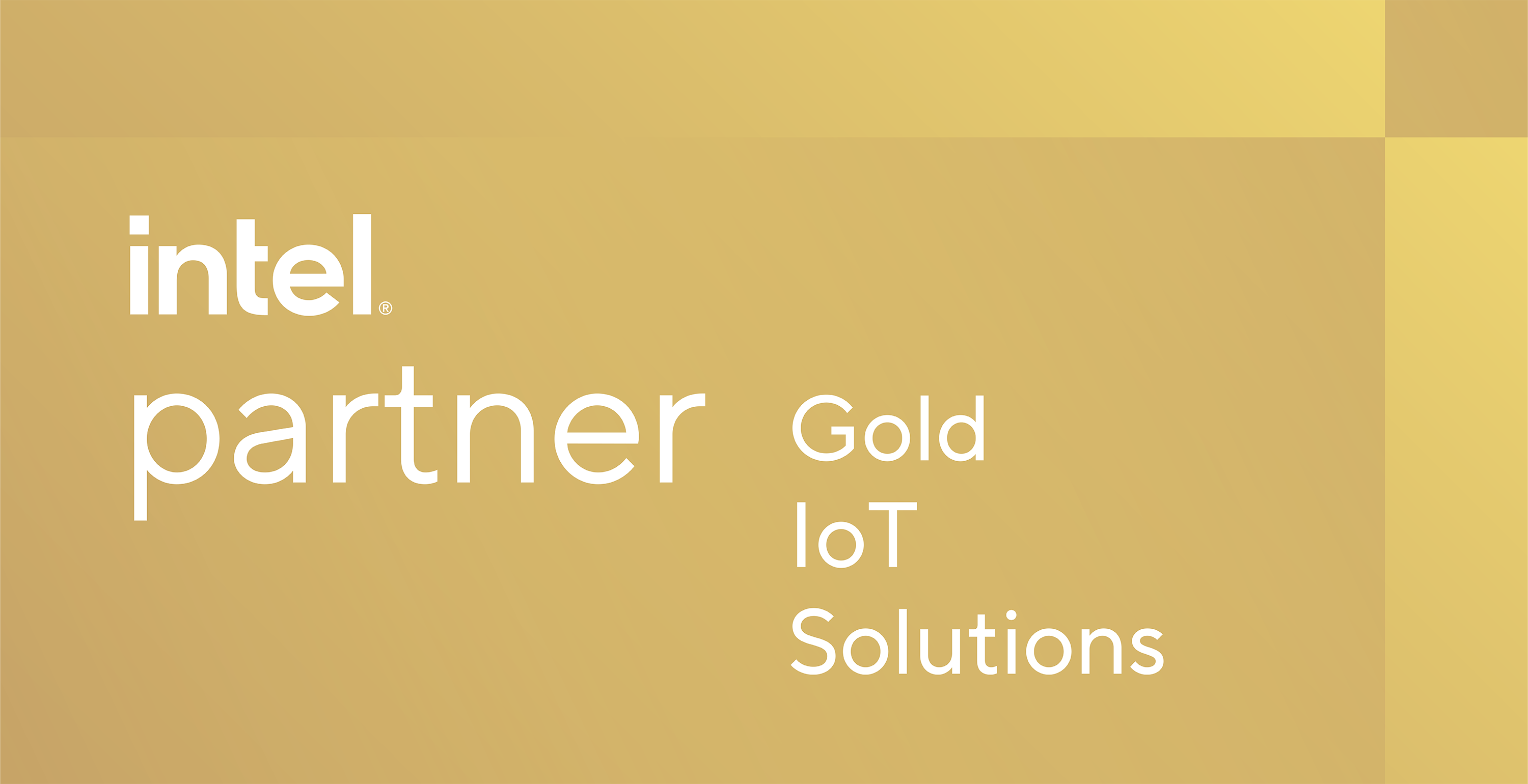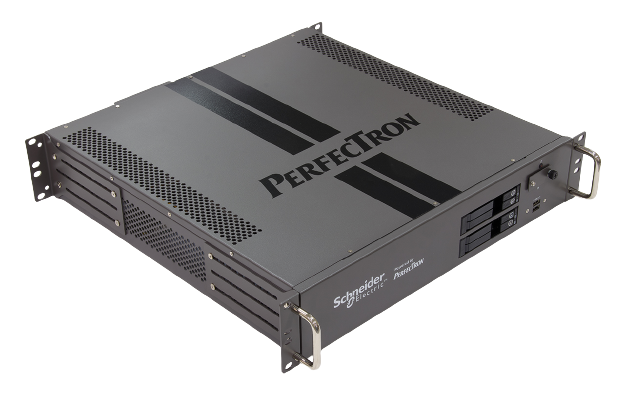Technical Profile
Introduction
Gateways are rugged communication devices collecting numerous data, such as metering, status, events and fault report from any protection device while sending this information upstream to a control center, transfering commands issued from the control center to other devices. One example of a particular need for gateways is in the energy industry. The energy industry requires specific types of devices using specific protocols. With PLCs/PACs becoming popular in these applications, gateways has grown into a necessary part of Substation Automation Systems, and its reliability may affect the safety of whole system at a station level.
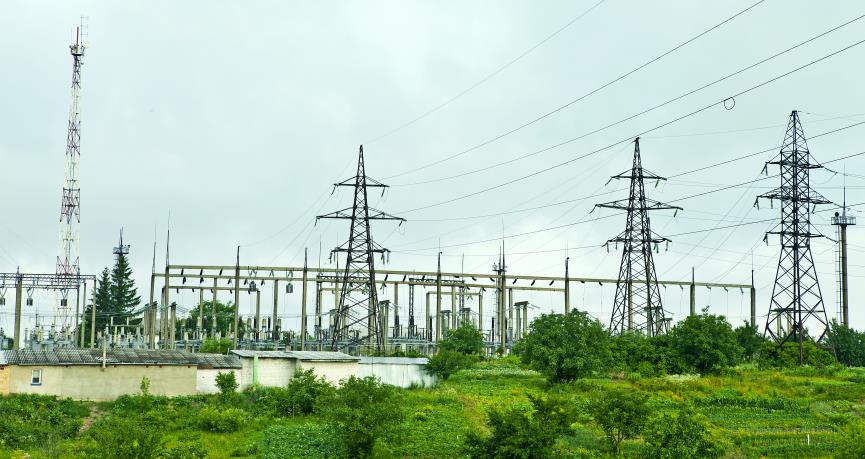
As a leading company specialized in energy related application, 7Starlake’s experienced team designed an extremely reliable Gateway system SCH400, which is powered by Intel 10th XEON W-1290TE, Core i9-10900TE Processor, enabling highly efficient processing capability to deal with a large amount of data delivering between IEC-61850 devices and the Control Center. In advantage of other outstanding features, such as extended temperature -20~+60°C, 100V~240V AC Input, SCH400 is an undoubtedly best choice for Gateway application in Substation.
Key Features
(1)Security Redundancy
Integrating TPM module, operating systems can require an authentication to protect keys, data or systems.
(2)Power Redundancy
The design of wide power range keeps the system’s reliability and you can expect longer life-span as well. Sudden drop or surge of power posts absolutely no threat to this smart system.
(3)Rich communication Interface
In advantage of SCH400 diverse I/O, 4 x LAN(RJ45), 2 x COM(DB9), 6 x USB, 2 x DP, 1 x VGA, 1 x DVI-D, the SCH400 system can satisfy all our clients.
(4)IEEE-1613
The widespread use of multifunctional intelligent electronic devices with advanced communications capabilities has resulted in a new trend in substation automation systems. The intelligent electronic devices exchange messages over the substation local area network. Detail environment and testing requirements for communications networking devices in electric power substations.
(5)IEC-61850-3
The standardization of IEC-61850 enables the integration of the equipment and systems from different suppliers, reducing the burden on the configuration and maintenance of these systems. The protocol also meets utilities’ requirements for long-term system expandability. Thus, there are more and more electric companies perform power-system automation by using IEC-61850 protocol with Intelligent
(6)Data Redundancy
RAID function supports an assortment to help protect or speed up the performance of a computer’s disk storage. RAID 0/1 function makes SCH400 to archive it.
(7)Network Redundancy
PRP/HSR network will be required as an efficient and cost effective solution in order to construct a seamless/bumpless communication infrastructure to ensure maximum system availability.
(8)Extreme Temperature
Copper heat spreader, pure copper heat pipe and aluminum heat sink, with all these benefits of fanless design. To ensure high reliability and stability while SCH400 working under wide range temperature from -20°C up to +60°C. And, with SCH400 special industrial extended range of temperature layout, it can also reduce the potential computer glitches caused by hardware incompatibility and losses of connectivity caused by shock and vibration.
- Why IEC-61850 Is Necessary
- Although there are lots of protocols worldwide for substation automation, IEC-61850 is the only one that supports systems networked together to perform intelligent transmission and distribution protection, monitoring, automation, metering, and control. The standardization of IEC-61850 enables the integration of the equipment and systems from different suppliers, reducing the burden on the configuration and maintenance of these systems. The protocol also meets utilities’ requirements for long-term system expandability. Thus, there are more and more electric companies perform power-system automation by using IEC-61850 protocol with Intelligent electronic devices (IED).
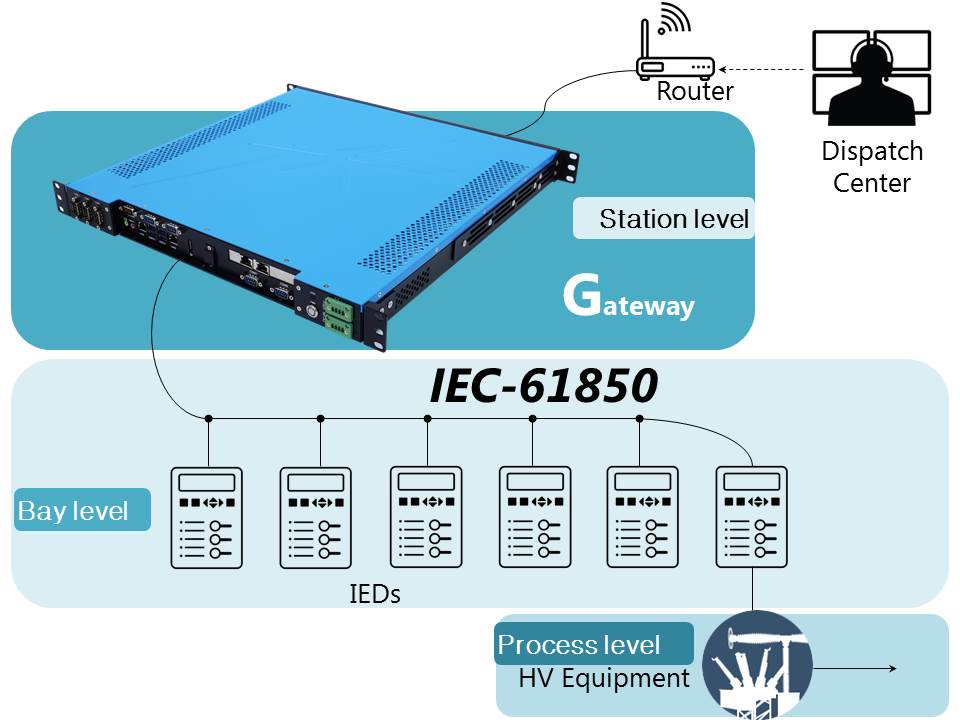
- Main Features
